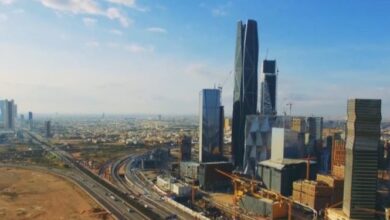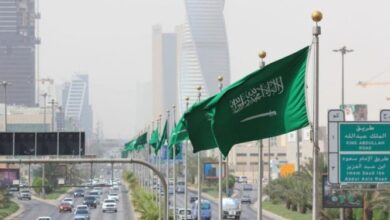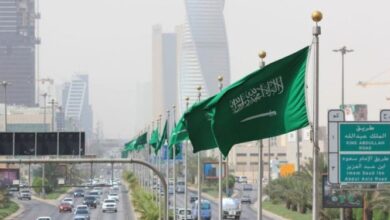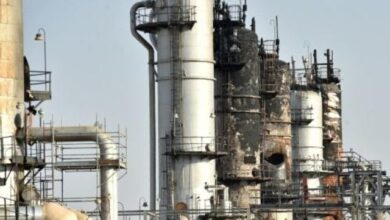Aramco’s low profits reveal risk to investors
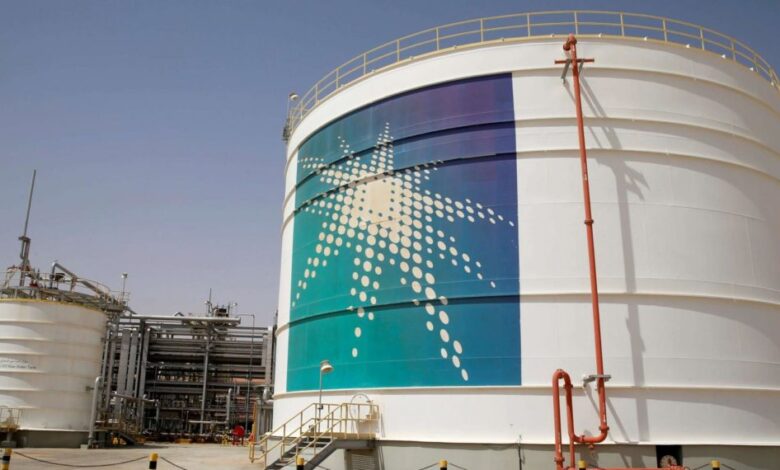
Aramco’s announcement of a sharp drop in profits due to attacks on its facilities in September that briefly cut its oil production by half sheds more light on the risk to investors in the company’s shares, according to international reports.
The report highlights the risks that investors will face before the company goes public, the largest of its kind in the world.
The newspaper pointed out that Aramco had postponed its shares for trading last month until the publication of profits, in the hope that this reflects the flexibility of its operations.
“The September 14 attacks on Aramco facilities had no material impact on its financial position,” said Yasser Al-Rumayyan, chairman of the company, in launching an initial public offering last week.
Aramco disclosed in a newsletter on Saturday that its quarterly revenue was reduced by lower oil prices, while its net profit fell faster due to higher costs from attacks on its oil facilities.
According to the Wall Street Journal, the Kingdom’s ability to protect its “precious assets” and counter future attacks will be an important factor in attracting potential investors who are monitoring Aramco’s value in the upcoming IPO.
In the prospectus, Aramco highlighted the company’s investment risks such as a warning that terrorism and armed conflict could fundamentally and adversely affect its market price.
The IPO is expected to be the largest in the Saudi stock market, Tadawul, whose platform has been updated to accommodate exceptionally large volumes.
Aramco is eyeing a 1% to 2% stake in the Riyadh bourse, which could become the largest ever IPO in excess of $20 billion.
Crown Prince Mohammed bin Salman put the company at $2 trillion, but many international investors see the valuation as ambitious. Bank officials have estimated the company at between $1.3 trillion and $1.7 trillion.
Aramco made a net profit of $111 billion last year, surpassing the world’s top five oil companies and generating revenue of $356 billion.
In August, Aramco reported its mid-term revenue for the first time in its history, noting that it declined in the first half of 2019 to $46.9 billion, compared to $53 billion for the same period last year.
Aramco has deployed a range of other risks to its equity investment, including:
– The possibility of filing monopoly cases against it.
– The government has the right to set the ceiling for oil production, and to assign the company to projects outside its main activity.
– The Company may change its dividend policy without prior notice to minority shareholders.
– Recognized that climate change – which forces economies to move to alternative energy sources – may in the future affect oil prices.

